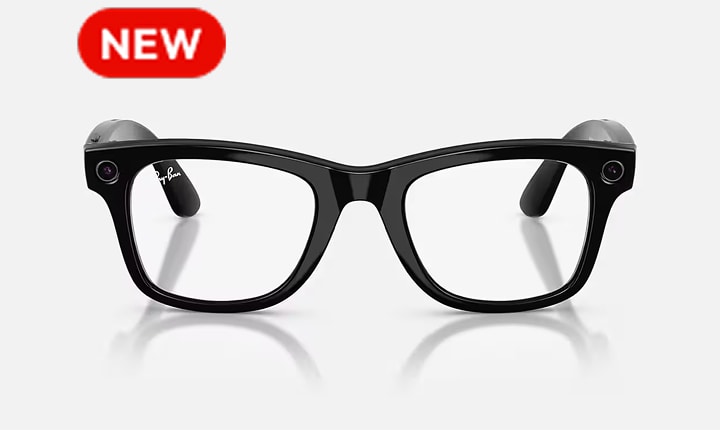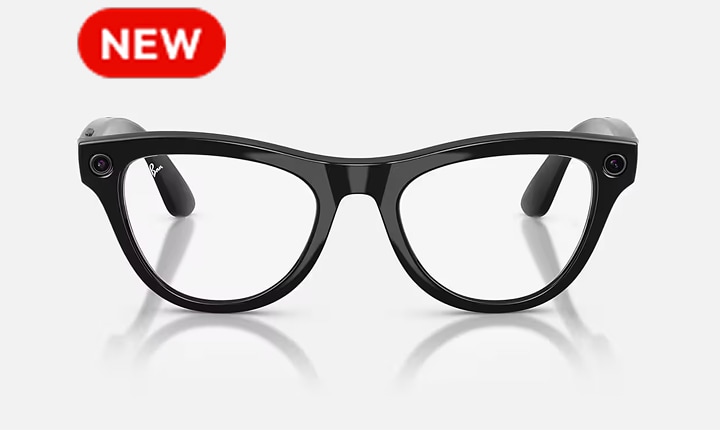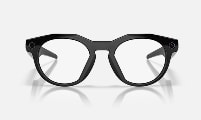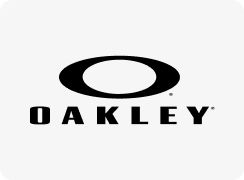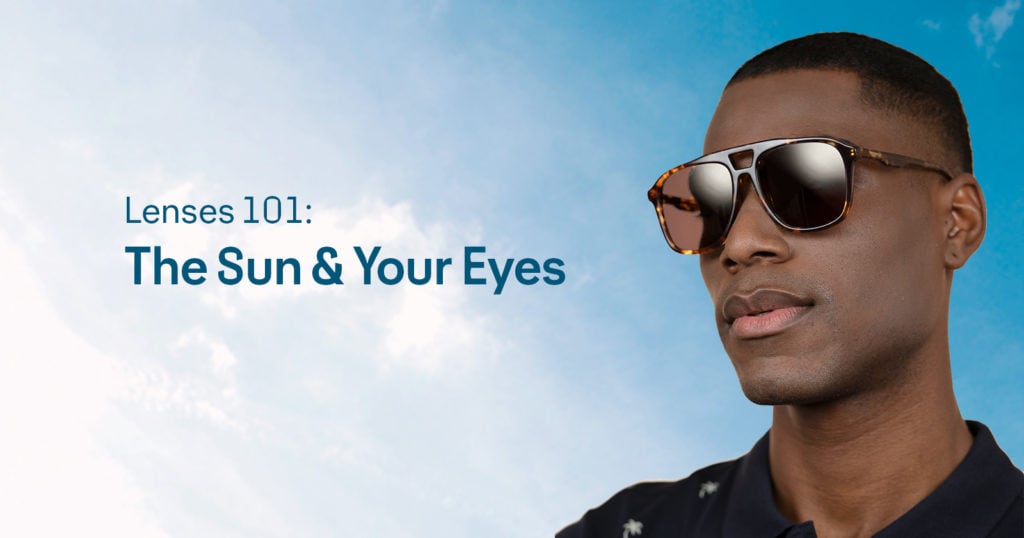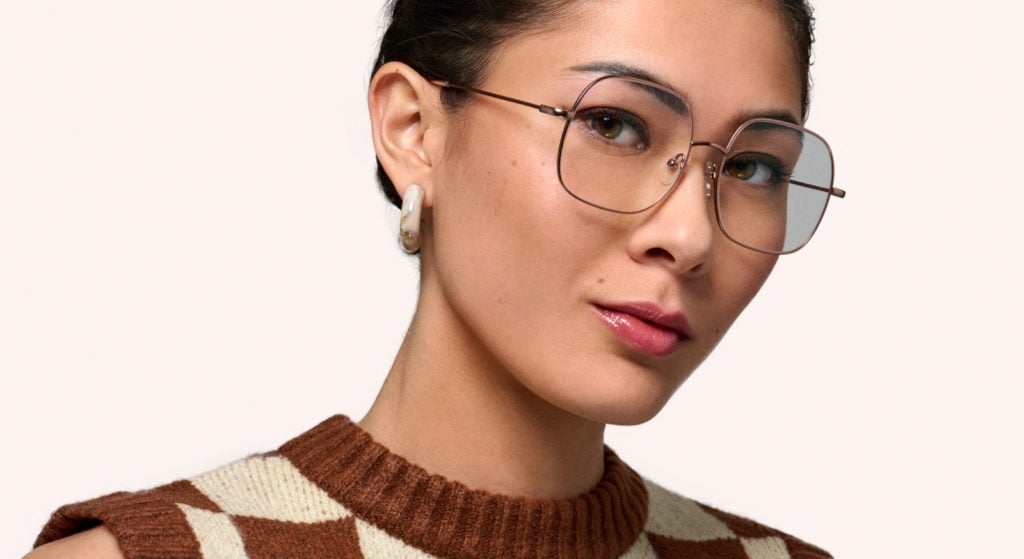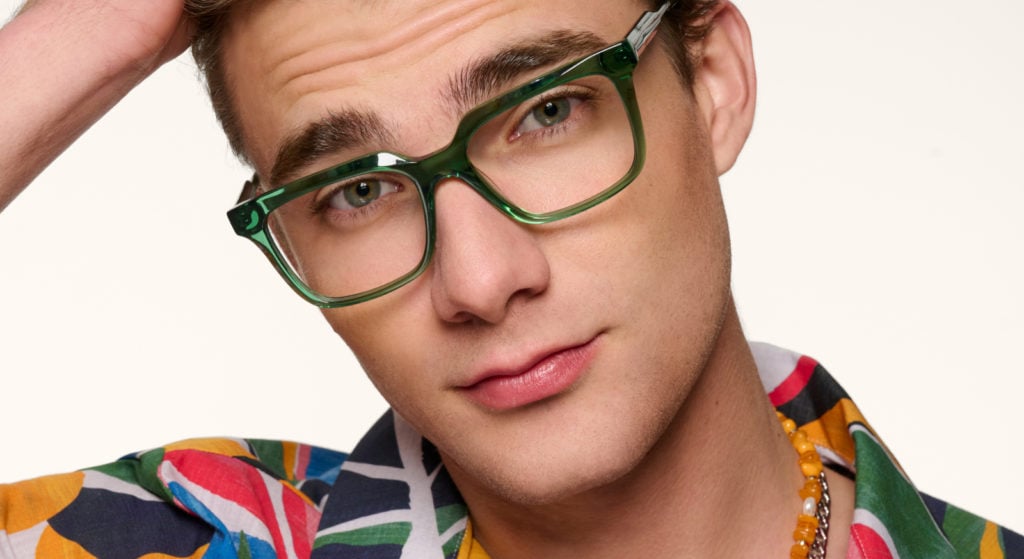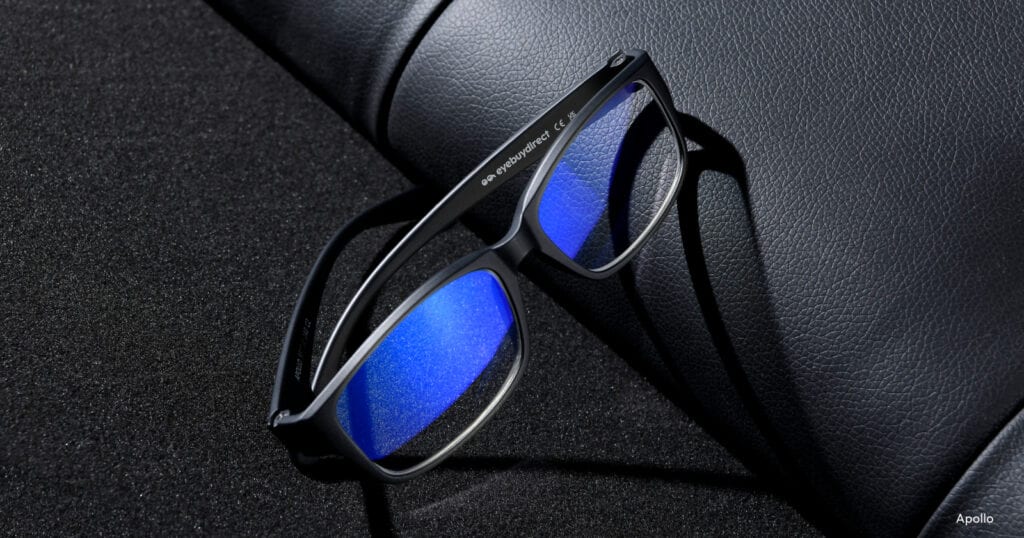Sunglasses help shield your eyes from harmful ultraviolet (UV) rays, which may contribute to conditions like cataracts and macular degeneration. They also reduce glare and eye strain, offering added comfort and protection during outdoor activities.
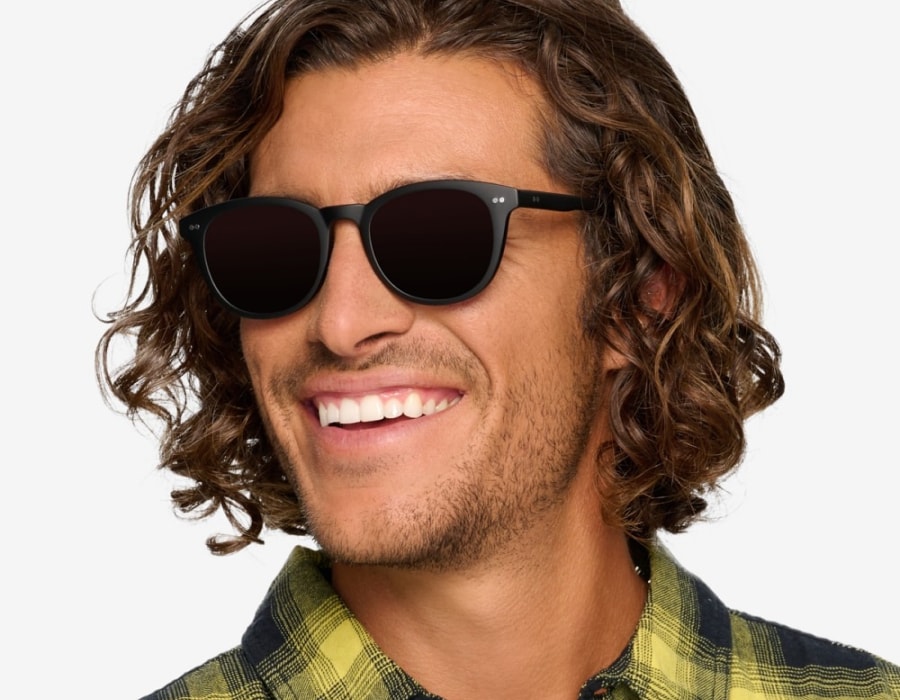
Introduction to Sunglasses and Eye Protection
Sunglasses are more than just fashion accessories; they provide essential protection for our eyes. Exposure to UV radiation can cause both immediate discomfort and long-term harm. Prolonged contact with UV rays heightens the risk of developing cataracts, macular degeneration, and both eye and skin cancers. Sunglasses that offer UV protection help block these harmful rays and mitigate these risks. Moreover, they prevent photokeratitis, which is a painful condition akin to a sunburn after intense UV exposure.
Besides UV protection, sunglasses also shield the eyes from glare and bright light, thus preventing strain and fatigue. This is particularly beneficial when driving or engaging in outdoor activities. By reducing glare, sunglasses enhance comfort and ensure a safer, more enjoyable experience. As awareness of eye health grows, selecting the right sunglasses becomes a daily priority, balancing style with vision protection.
Understanding UV Radiation
UV radiation originates from the sun. Although invisible, it significantly impacts our health, particularly affecting our eyes. UV radiation comprises two main types: UVA and UVB rays. Both can damage our eyes in distinct ways.
How UV Rays Can Harm Your Eyes
UV rays can lead to several serious eye conditions. Here are a few:
- Cataracts – UV rays can accelerate cataract formation. Cataracts cause cloudiness in the eye’s lens, resulting in vision problems. Shielding your eyes from the sun is vital to slow this progression.
- Age-related macular degeneration (AMD) – UV exposure increases the risk of AMD, which affects the area of the eye responsible for clear vision. Over time, AMD may result in vision loss, so protecting your eyes from UV rays is crucial.
- Skin cancer – The skin surrounding your eyes is susceptible to UV damage and can develop cancer. Sunglasses that block UV rays can safeguard this sensitive area.
- Photokeratitis – This condition resembles a sunburn for your eyes, impacting the cornea and conjunctiva. It can cause pain, redness, and temporary vision loss. Sunglasses are effective in preventing this condition.
Wearing sunglasses can shield your eyes from UV radiation, reducing these risks and maintaining eye health.

How Sunglasses Protect Your Eyes
Sunglasses do more than enhance style; they protect your eyes from harmful UV rays. Quality sunglasses have lenses that block UV radiation, which can harm your eyes. To achieve the best protection, select sunglasses that fit well and cover your eyes adequately.
Choosing the Right Sunglasses
When purchasing sunglasses, ensure they offer UV protection. Look for labels indicating 100% UV protection or UV 400, which means they block almost all harmful UV light. The lens color doesn’t determine protection—it’s the UV coating that does.
Polarized lenses can decrease glare from surfaces such as water or roads, offering more comfort for your eyes. However, they don’t provide additional UV protection. Keep this in mind when choosing polarized sunglasses.
Eyebuydirect provides a stylish collection of sunglasses suitable for both men and women. Explore UV protection glasses and sunglasses frames for options that cater to your style and requirements.
Common Myths About Sunglasses
Sunglasses serve to protect our eyes from harmful UV rays, not merely to function as fashion accessories. Let’s debunk some common myths about their effectiveness.
Myth: Darker Lenses Offer Better Protection
A frequent belief is that darker lenses provide better UV protection. This is incorrect. UV protection depends on lens material and coatings, not darkness. Dark lenses without UV shielding can be more harmful, permitting more UV rays to enter. Always select sunglasses labeled “100% UV protection” or “UV 400” to safeguard against UVA and UVB rays.
Myth: Expensive Sunglasses Are Always Better
A high price doesn’t equate to better UV protection. Numerous affordable sunglasses offer excellent UV protection. Always verify the UV protection labels, regardless of price. Brands like Eyebuydirect present stylish and protective options for any budget.
Myth: Sunglasses Are Only Necessary in Summer
UV rays pose a threat to your eyes year-round. They can penetrate clouds and reflect off snow, sand, and water. Wear sunglasses even on cloudy or winter days.
Myth: Children’s Eyes Don’t Need Sunglasses
Children’s eyes are more sensitive to UV rays than adults. Their lenses allow more UV rays to reach the retina. Ensure children have sunglasses with 100% UV protection and encourage them to wear them during outdoor activities.
By debunking these myths, you can select the best sunglasses for your eye health. Protect your eyes with the right pair.
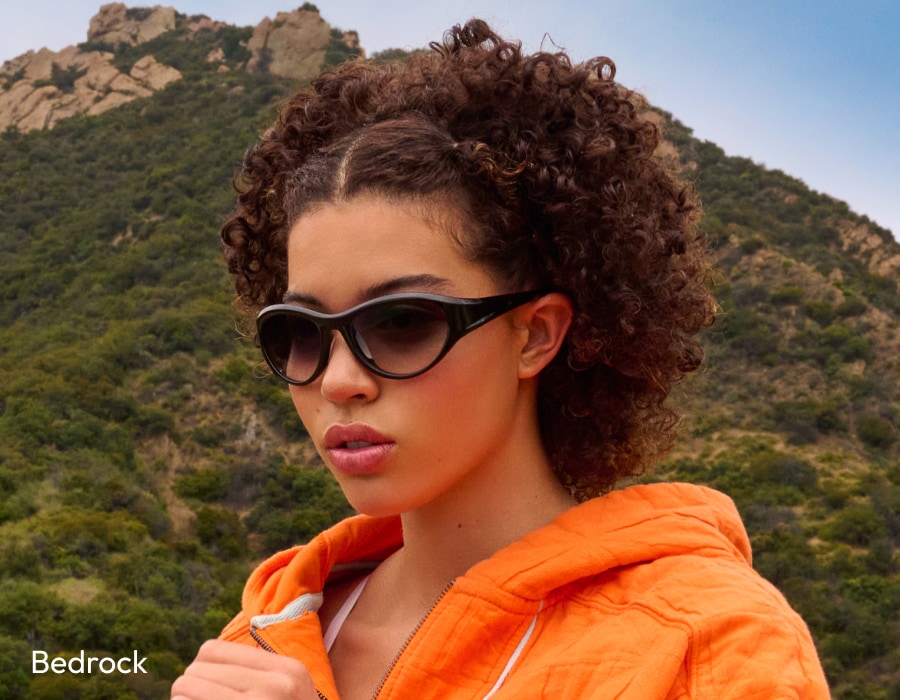
Additional Eye Protection Tips
While sunglasses are crucial for blocking harmful UV rays, they are n’ot the sole option. Incorporating additional protective measures can enhance your eye safety, especially when the sun is at its strongest.
Hats: A Stylish Shield
Wearing a wide-brimmed hat offers a simple yet effective form of eye protection. Hats provide shade, reducing the amount of sunlight that reaches your face and eyes, thereby minimizing UV exposure and preventing skin burns. Pair a hat with sunglasses for added UV protection.
Sunscreen: More Than Skin Deep
Sunscreen protects your skin and can also indirectly benefit your eyes. Applying it to your face aids in preventing skin cancer and premature aging. Take care when applying it near your eyes as it can cause irritation. Keep it at least one inch away from your eyes. For further guidance on sunscreen near the eyes, visit our guide.
By integrating these tips with your use of sunglasses, you can more effectively protect your eyes from the sun. Remember, combining hats, sunscreen, and sunglasses not only safeguards your eyes but also promotes overall health.







